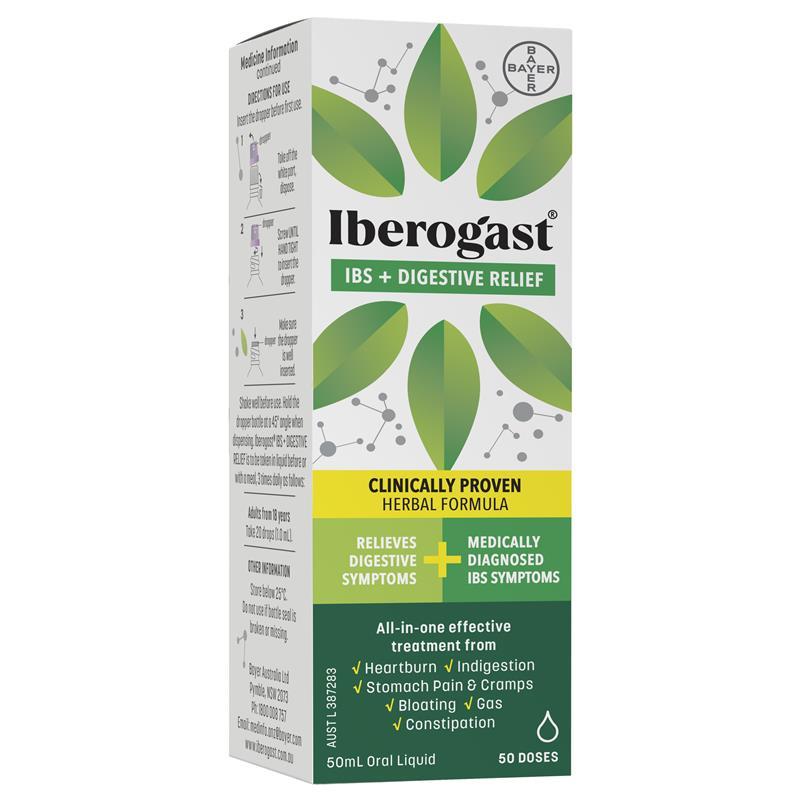Go with your Gut!
Your gut is your gastrointestinal system and includes your stomach, intestines, and colon. It digests and absorbs nutrients from food and excretes waste.
About 200 different species of bacteria, viruses and fungi live in your large intestine. The bacteria and other micro-organisms in your gut are known as your gut microbiome. The bacteria help to break down food, turning it into nutrients your body can use.
Certain types of bacteria in your gut may contribute to some diseases. Some microorganisms are harmful to our health, but many are beneficial and necessary for a healthy body.
The health of your gut can impact both your physical and mental health. The gut breaks down the foods you eat and absorbs nutrients that support your body’s functions and immunity. Many factors, including the foods you eat, can impact the type of bacteria found in your digestive tract. What we eat can have short-term and long-term effects on our gut microbiome environment.
We are learning that the variety of bacteria in your gut is an important indicator of the health of your microbiome. The importance of the gut to our overall health is a topic of increasing research in the medical community. Research is showing us that our gut microbiome can affect every organ in our body.
Links between gut health and other disease state, such as:
- the immune system
- mental health
- autoimmune diseases
- endocrine disorders – such as type 2 diabetes
- gastrointestinal disorders – such as irritable bowel syndrome and inflammatory bowel disease
- cardiovascular disease
- cancer
- sleep
- digestion.
A higher level of diversity in gut bacteria is an important indicator of the health of your microbiome.
While research is ongoing, it appears that your gut health plays an important role in your overall health.
https://www.webmd.com/digestive-disorders/ss/slideshow-how-gut-health-affects-whole-body
What are the signs of an unhealthy gut?
Your gut microbiome can be affected by:
- Stress
- Too little sleep
- Lack of physical activity
- Eating too many ultra-processed foods
- Smoking and drinking alcohol
- Taking antibiotics.
While one specific measure for our gut health can not be used, some signs of poor gut health include:
- digestive symptoms – such as gas, bloating, constipation, diarrhoea and heartburn
- sleep disturbances or fatigue
- mood/emotional state – such as high stress, low mood or anxiety
- high frequency of infectious illnesses – such as the common cold.
https://www.healthline.com/health/gut-health
How to improve your gut health ?
- You may be able to improve your gut health through lifestyle and diet changes.
- Dietary fibre in foods can improve your gut health as it can help keep us regular, reduce the risk of bowel cancer and feed the healthy bacteria in our gut.
- Wholefoods, such as fruits, vegetables, legumes, wholegrains and nuts,
may prevent the growth of some bacteria linked to diseases and inflammation. - Our lifestyle, for example physical activity, good sleep and stress reduction are also good for gut health.
https://gutfoundation.com.au/6-steps-to-good-gut-health/
Gut Health and Fibre diet
Fibre is important for gut health for many reasons. It can affect the function of our gut, for example, the digestion and absorption of nutrients, how quickly or slowly things move through and the quality of our stools.
The breakdown of fibre by our gut bacteria can also create important products which can influence the development of gastrointestinal conditions such as bowel cancer.
Foods that are high in fibre include:
- vegetables
- beans and legumes
- fruit
- bread and cereals
- nuts and seeds.
https://www.vichealth.vic.gov.au/our-health/be-healthy-blog/how-improve-...
Gut health and Eating a diverse range of foods
Eating a wide range of fruits and vegetables ensures you’re including a whole range of vitamins, minerals and nutrients in your diet.
The diversity of food on your plate can help lead to a more diverse microbiome, which is an indicator of a healthy gut microbiome.
Aim to eat at least 30 different types of plant-based foods a week.
Gut health and limiting Ultra-processed foods
Eat foods that are as close to their natural state as possible to support your gut health.
While almost all foods have had some kind of processing, it is best to eat foods that are minimally processed. These foods retain their nutritional value and do not usually have added sugar, salt, unhealthy fats or additives such as emulsifiers and artificial sweeteners, all of which may impact your gut health.
Unprocessed foods include fruits, vegetables, wholegrains, unflavoured dairy, eggs, seafood, poultry and lean red meat. Ultra-processed foods include deli meats such as ham and salami, many breakfast cereals, ready-made meals, sweet desserts and many packaged snacks such as chips.
Gut Health and drinking water
Water is the best fluid to drink and provides benefits to gut health.
Water assists with the breakdown of food, so that your body can absorb nutrients. Water also assists with softening stools, helping prevent constipation.
Drinking plenty of water may also be linked to increased diversity of bacteria in the gut.
https://gutfoundation.com.au/6-steps-to-good-gut-health/
Iberogast and the healing power of nature
GI symptoms are as varied as their causes and can be both a physical and mental burden. Many people experience multiple digestive symptoms at the same time and may not associate with having medically diagnosed IBS. These symptoms can vary in frequency and severity and can occur at any time and can greatly impact on their quality of life.
IBS sufferers experience symptoms such as stomach pain, abdominal cramps, bloating, gas, constipation, diarrhoea, heartburn, and/or indigestion, these symptoms may be associated with functional gastrointestinal disorders, such as medically diagnosed Irritable Bowel Syndrome or Functional Indigestion.
Iberogast provides relief by:
- Relaxation of GI muscles
- Reducing flatulence
- Anti-inflammatory effect
- Anti-oxidative effect





